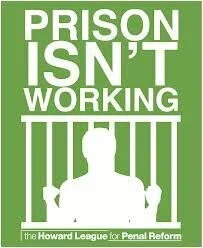The Council has repeatedly called on the government to publicly identify the criteria which it will use to decide that the state of emergency is no longer required. We note it has again failed to do so.
We have maintained throughout this crisis the emergency powers are justified so long as they are necessary, proportionate and are in place for the absolute minimum period. It cannot be said at this time that the case has been made for the continuation of these emergency powers.
Read More















